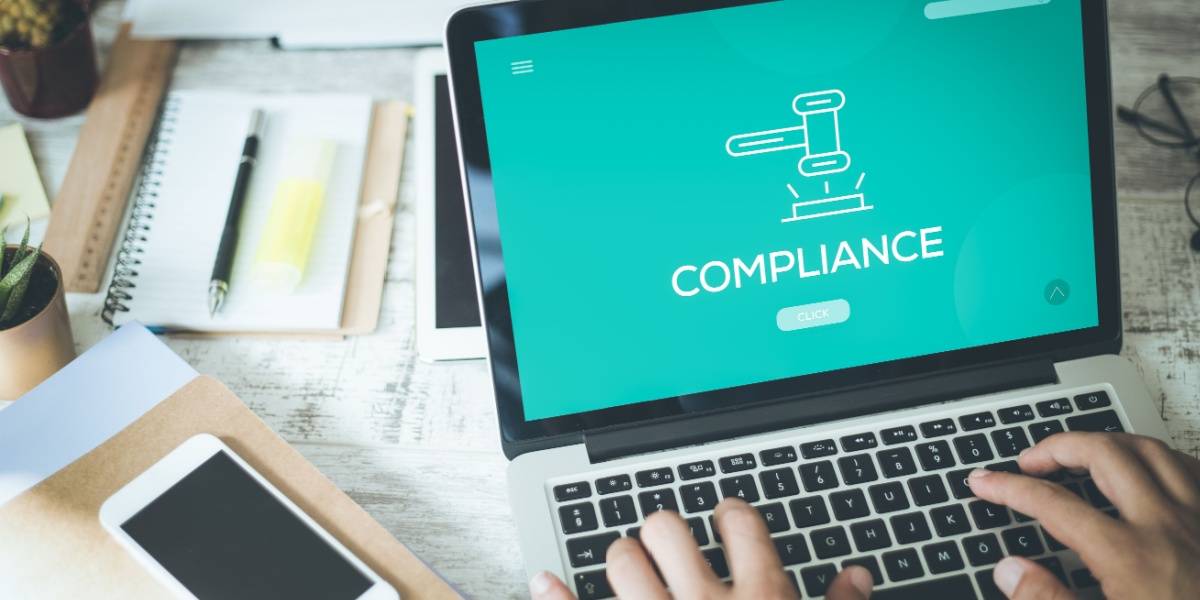Do we really know what we mean when we talk about a learning experience? Learning Pool research suggests we do – but it is not just one thing.
The increasing use of the word ‘experience’ in learning circles has been much attacked.
There’s no doubt that the X-word is taking over. We talk of learning experiences where we might once have just said ‘course’. We have a new practice area called learning experience design – whose practitioners are known as learning experience designers. When discussing organizational culture from an L&D point of view we frequently reference the learner experience.
And not everybody is happy with this shift in nomenclature.
The chief charge levelled against current uses of the experience word is fuzziness of meaning. In common parlance, the phrase ‘a learning experience’ could be applied to anything from a life-changing 4-year graduate course at a residential university to falling off your bike. If the phrase can mean anything at all, then surely it means nothing? And if that is the case, does it not scupper all other coinings that make use of the X-word, including ‘learning experience platform’?
When we began our project to look seriously into the theme of learning experience at Learning Pool, we felt this was an objection that should be faced head-on. However when we began to speak to practitioners of this dark art – to the designers, theorists and technologists who deal day to day with the material realities that underpin these terms – we quickly found not a fog of fuzziness, but a great deal of specificity. They knew what they were talking about, and by the time they had finished talking, so did we.
So if the meanings around these terms really can be pinned down fairly closely, why is that people get so confused about the X-word?
The three levels
So here’s a theory – or maybe we should be less grand and call it a conjecture.
The term ‘learning experience’ is not a catch-all, we’re assuming, but refers to specific things. However, depending on the context in which it is used, it means slightly different things. The difference seems to be around scale. We could also say it’s a difference of granularity.
So when someone is talking about an individual event or content piece, such as a workshop, a video or a coaching intervention, they might refer to that as a learning experience. And that seems to fit; is easily understandable.
However, in a different context, they might be talking about a month-long program that a cohort of learners gets put through comprising a variety of events and interventions (e.g. plenary kick-off event followed by workshops, digital content resources, assessment exercises, practice and maybe even a final exam). And this too gets referred to as a learning experience – even though it is clearly of a different order of granularity. In fact, it’s a sort of meta-experience; an experience that contains other experiences.
Then there is a further level above that where people talk about ‘the learner experience’, which could refer to how a typical learner interacts over time with a platform, which might be the gateway to numerous program-level experiences – or just to how this typical learner interfaces with the L&D department.
Where it can all get quite confusing is when, in the course of a conversation, conference speech or podcast interview a person slips seamlessly between these three different levels of granularity without signalling any change of context.
So this, we felt, was where a lot of the confusion around these terms might lie: in not differentiating clearly enough at which level of granularity you are focusing in any given moment.
Seeking to clarify the situation, we came to the conclusion that the meanings of learning experience could be grouped at three basic levels:
- Event level – An individual learning experience – e.g. a workshop, video, or VR experience.
- Programme level – A combination of event-level experiences taking place over time, organized in various different ways – e.g. ‘The learning experience provided by our leadership program.’
- Organization level – The employee’s experience of learning within your organization – e.g. ‘the learner experience at your company’.
We’ve summarized this in the graphic below.

We’ve tested this out on numerous L&D experts and it seems to bring some useful clarity. We used it as an organizing principle for the white paper we’ve just released: Experience: Theory, Design and Supporting Technologies for an experience-based Learning Culture
Next steps
So now that you’ve understood the fundamentals of the technology underpinning, you’ll be perfectly equipped to get the most out of our white paper: ‘Powering the Modern Learner Experience: Next-Generation Learning Tools Come of Age’. This paper examines the drivers behind the growth in demand for LXP, and how it should sit alongside the LMS in your decision-making, as well as containing original research on the markets for LXP and LRS.


